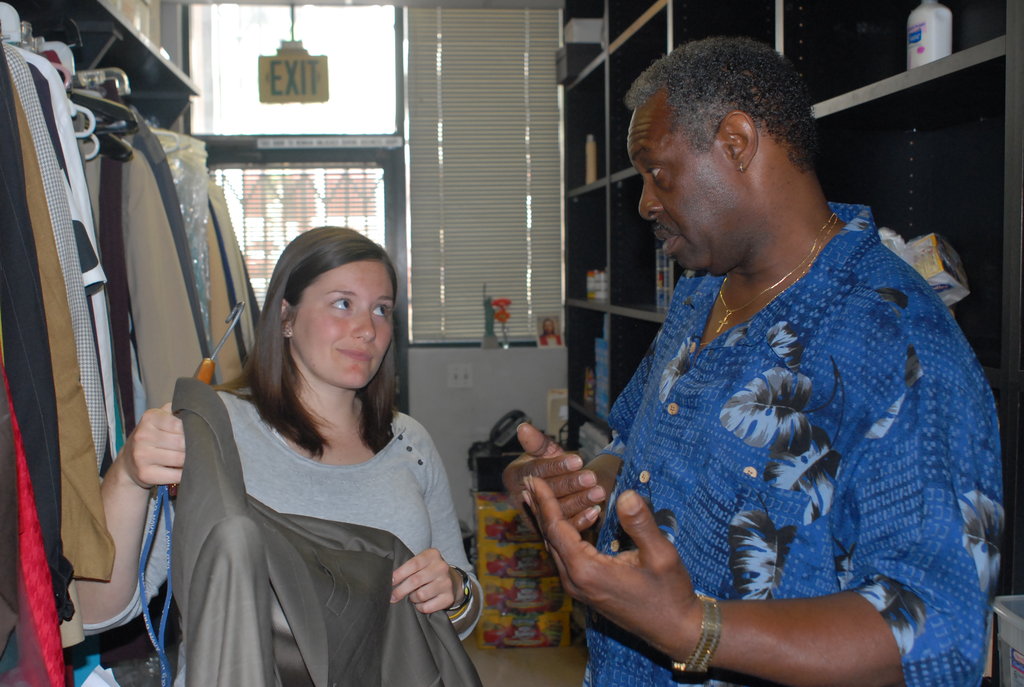Is Employment Always Going To Be Enough?

In the United States, employment is crucial to survival. From day to night, a huge portion of the population’s routine orbits around having a job. Some people even have multiple jobs, putting many tens of hours of work into every week. It’s so important to our daily lives that many people start working in their high school years, to work on saving up for larger events and necessities later on in life. Everyone you’ve ever seen behind the counter at a store or fast food place relies on the income and benefits that their job provides. Being employed, in the eyes of many working-class citizens, means staying afloat. But sometimes the safety net employment provides simply isn’t enough to hold the rapidly growing weight of poverty and the constantly-changing economy.
A study conducted in 2021 by the University of Chicago states that over 90% of homeless people, sheltered or not, were already employed with part-time or full-time jobs. Many of these jobs are minimum-wage jobs as well, which cannot match the high price of housing in larger cities, where homelessness is prevalent, let alone the cost of basic necessities like electricity, water, and other home utilities. Having roommates who contribute to rent and bills can help, but the larger problem still remains for people who don’t have any help to fall back on. Furthermore, getting employed is not necessarily as simple as walking in and asking for a job. Reaping the benefits of employment like healthcare and wage increases also requires you to have certain information on you—information that many impoverished individuals do not carry on them or even remember. Many homeless people are also on the streets for mental illness-related reasons, so employment may not even be a possibility without extreme difficulty.
As the economic state of the United States continues to decline, the remaining safeguards against poverty are slowly slipping away. Working class people everywhere are already struggling to make ends meet, and regardless of how much their job pays, it’s not always going to be enough to keep their utilities, or meet all of their basic needs. Chances are the people you get your services from are going to encounter this struggle at some point as well, or are already going through it. Fortunately, congressional hearings, bills, measures, and elections can bring these issues to light, and your local congressperson may be willing to listen to what you have to say. Emailing them and stating your concern on these issues and getting others to help bring attention to the problem may sway their vote, and could result in real legislative change. The website for the National Alliance to End Homelessness has a number of resources on pending bills related to homelessness that you can mention to your representatives, as well as other information on what you can do to help get these bills passed.
Sources and Further Reading:
Employed and Experiencing Homelessness: What the Numbers Show: https://endhomelessness.org/blog/employed-and-experiencing-homelessness-what-the-numbers-show/
Learning about Homelessness Using Linked Survey and Administrative Data: https://bfi.uchicago.edu/working-paper/learning-about-homelessness-using-linked-survey-and-administrative-data/
Why Is It So Hard for People Experiencing Homelessness to “Just Go Get a Job?”: https://www.urban.org/urban-wire/why-it-so-hard-people-experiencing-homelessness-just-go-get-job
Can Homeless People Get Jobs?: https://careerandrecovery.org/2021/12/can-homeless-people-get-jobs/


Comments
Post a Comment